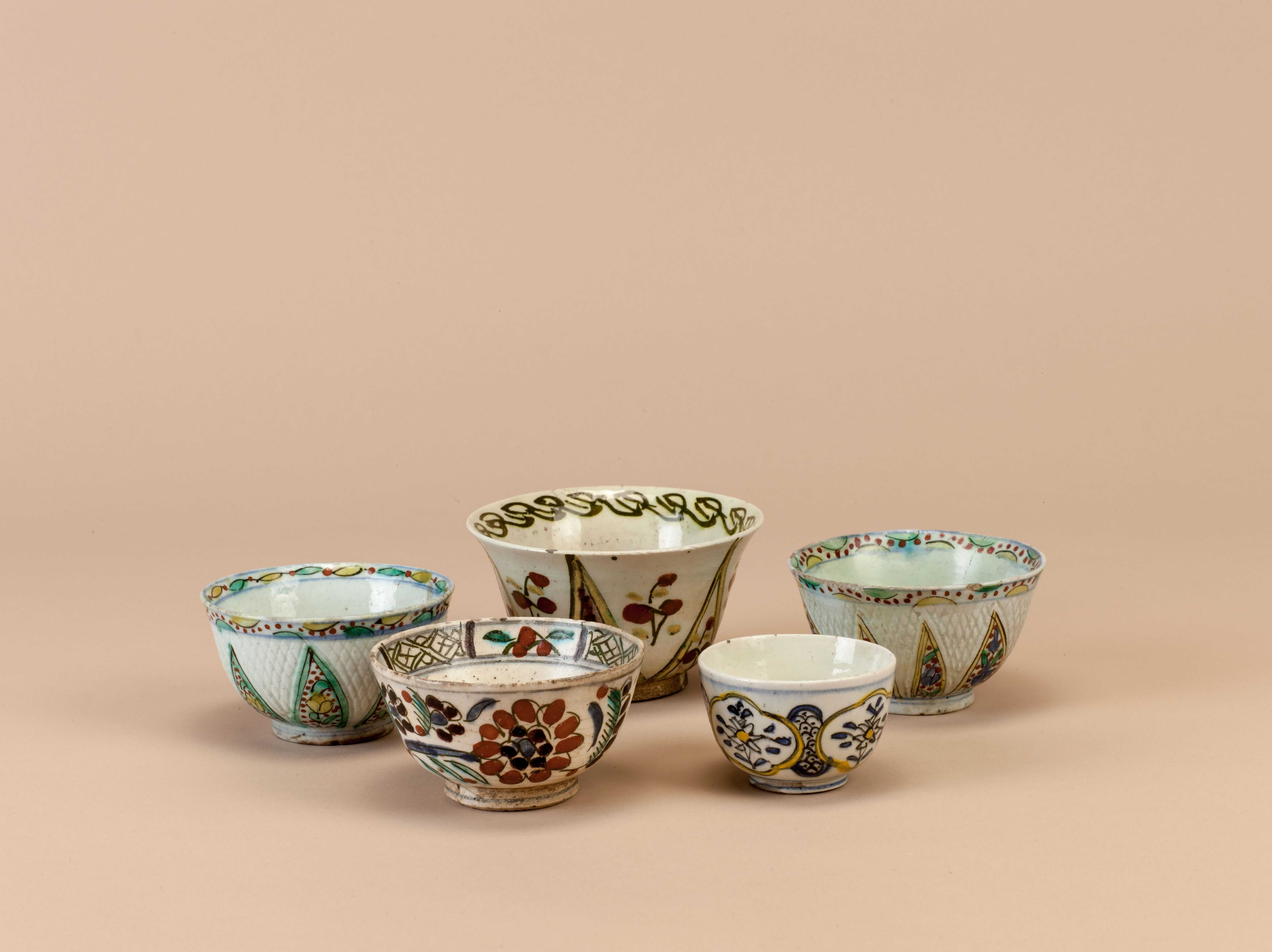Directors: Ezgi Öz, Özge Ertem, Özge Özgüner
Turkey, 2025, 29', DCP, color
Turkish with English subtitles
Hand in Hand: Women from Yırca, a collective life story born out of resistance.
In 2014, the people of Yırca fought for months to protect their village and their olive trees. Over 6,000 olive trees were uprooted overnight to construct a second coal power plant in Soma. The plant could not be built thanks to the resistance, but the trees were destroyed. This destruction targeted not only nature, but also the memory of the villagers, their livelihood, and their connection to life.
Hand in Hand: Women from Yırca traces the struggle against this destruction and the story of a collective life that transforms from resistance to production. The women at the forefront of the resistance established a cooperative after the olive trees were cut down and established YırcaHanımeli Soap House. They began to produce soap and candles, saying, “Not the black of coal, but the perfume of soap.” With their limited means, they built a living space by fostering solidarity.
The documentary focuses on the end of the decade following this transformation. The olive trees replanted by the women of Yırcalı bore their first fruit in 2024. With the first Olive Festival organized in the village, the wounds of the past met the soil fertility. Through archival footage, the documentary revisits the days of resistance and constructs a memory over time, weaving together today’s production processes, the story of the Soap House, the collective story harvest realized by the women together, and the joy of the festival.
Hand in Hand: Women from Yırca is not only a stand against the plunder of nature; it is also the story of women’s labor, solidarity, and collective healing. It builds a bridge between the memory of the soil and the new life that women’s hands patiently create. This journey from destruction to hope, from mourning to solidarity, is both a local and universal story of resistance.
The crew will attend.

Coffee was served with much splendor at the harems of the Ottoman palace and mansions. First, sweets (usually jam) was served on silverware, followed by coffee serving. The coffee jug would be placed in a sitil (brazier), which had three chains on its sides for carrying, had cinders in the middle, and was made of tombac, silver or brass. The sitil had a satin or silk cover embroidered with silver thread, tinsel, sequin or even pearls and diamonds.
Tuesday - Saturday 10:00 - 19:00
Friday 10:00 - 22:00
Sunday 12:00 - 18:00
The museum is closed on Mondays.
On Wednesdays, the students can
visit the museum free of admission.
Full ticket: 300 TL
Discounted: 150 TL
Groups: 200 TL (minimum 10 people)